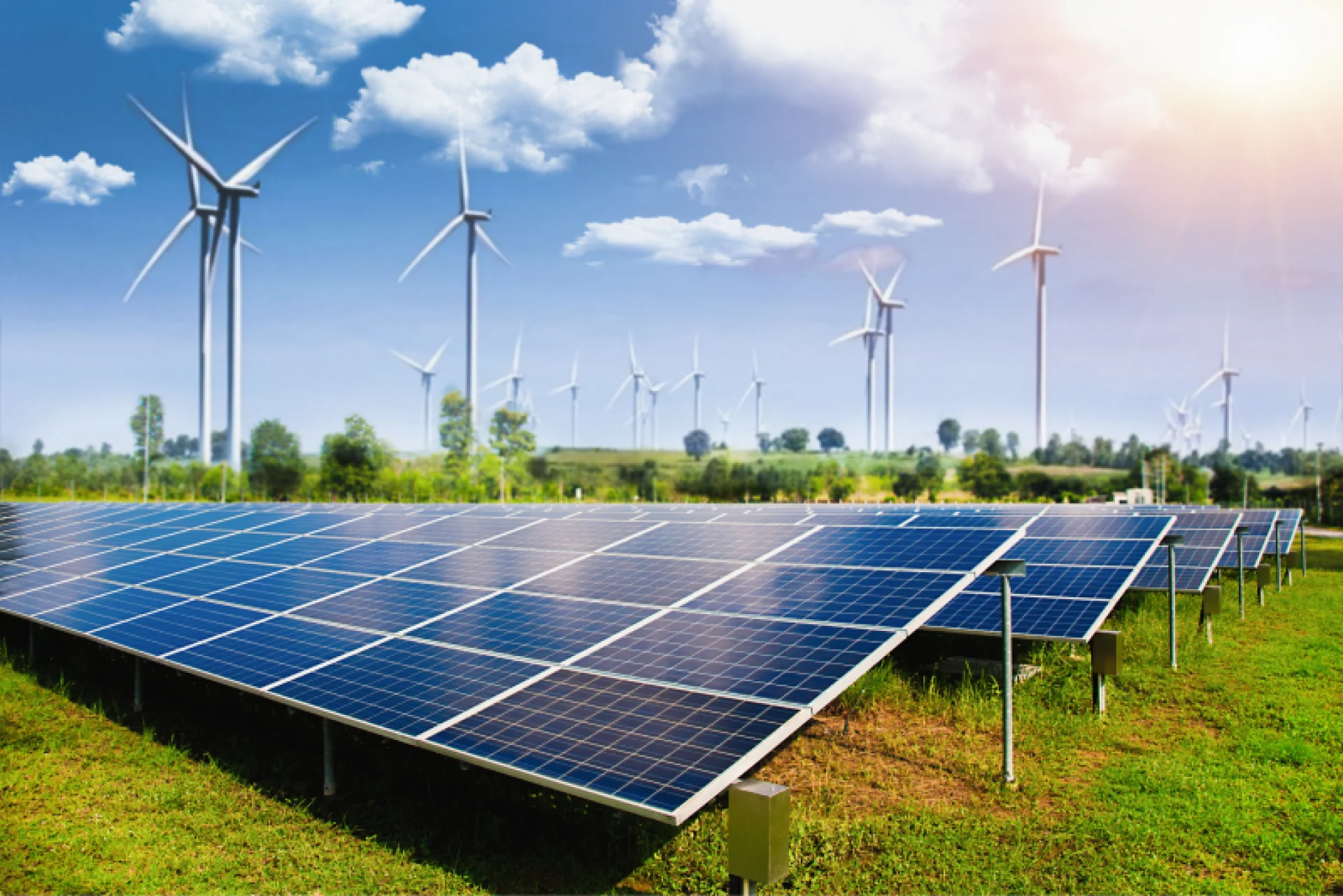What is a solar cell?
อัพเดทล่าสุด: 24 มี.ค. 2024
232 ผู้เข้าชม

A solar cell, also known as a photovoltaic cell, is an electronic device that converts sunlight into electricity. It is made up of a semiconductor material, usually made of silicon, that absorbs photons of light and releases electrons to create an electric current. Solar cells can be used to generate electricity in homes, businesses, and even on large solar farms. They are clean, renewable sources of energy that can reduce dependence on fossil fuels and help combat climate change.
บทความที่เกี่ยวข้อง
The efficiency of a solar cell is the percentage of sunlight that is converted into electricity.
24 มี.ค. 2024
Solar cells are a clean and renewable source of energy, produce no pollution or emissions.
24 มี.ค. 2024
solar cells can be used to power homes and businesses through the use of solar panels.
24 มี.ค. 2024



